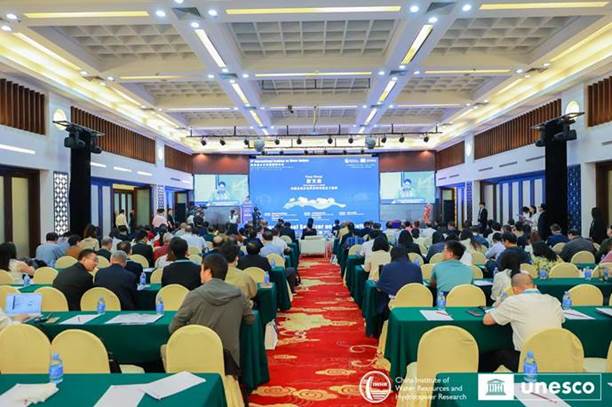The 4th International Seminar on Water Culture, co-hosted by IWHR and UNESCO, was held at the Lingqu Canal in southwest China on November 15. The event shed light on the significant role of canal in human history and civilization.

Under the theme "Connecting Rivers and Seas: Canal Development in Human Civilizations," the event brought together 22 experts and scholars from countries including the United States, the United Kingdom, France, Italy, Finland, Greece, Iran, Vietnam, India, and China, delving into a range of topics regarding to the history and culture of canals, as well as the engineering technological advancements behind them. Innovative achievements in canal engineering from various countries were presented and in-depth discussions on preservation of canals and their cultural value were held.
In terms of canal construction, preservation and management, all countries have both experience and challenges. In future canal engineering, people must strike balance between the preservation of historical and cultural heritage and the modern water resources management and environmental protection. Sustainable management of canals, particularly in the context of climate change and environmental challenges, is critical to ensuring their enduring value and relevance.
As part of the event, participants also visited the Lingqu Canal, an ancient Chinese canal project currently on the UNESCO tentative list of World Cultural Heritage sites.
The International Seminar on Water Culture, co-founded by IWHR and UNESCO in 2021, has become a prominent annual academic platform for global exchange on water civilizations. This year’s edition coincided with the 10th anniversary of the Grand Canal of China being designated as a UNESCO World Cultural Heritage site, further highlighting the importance of fostering international collaboration in water culture research and development.